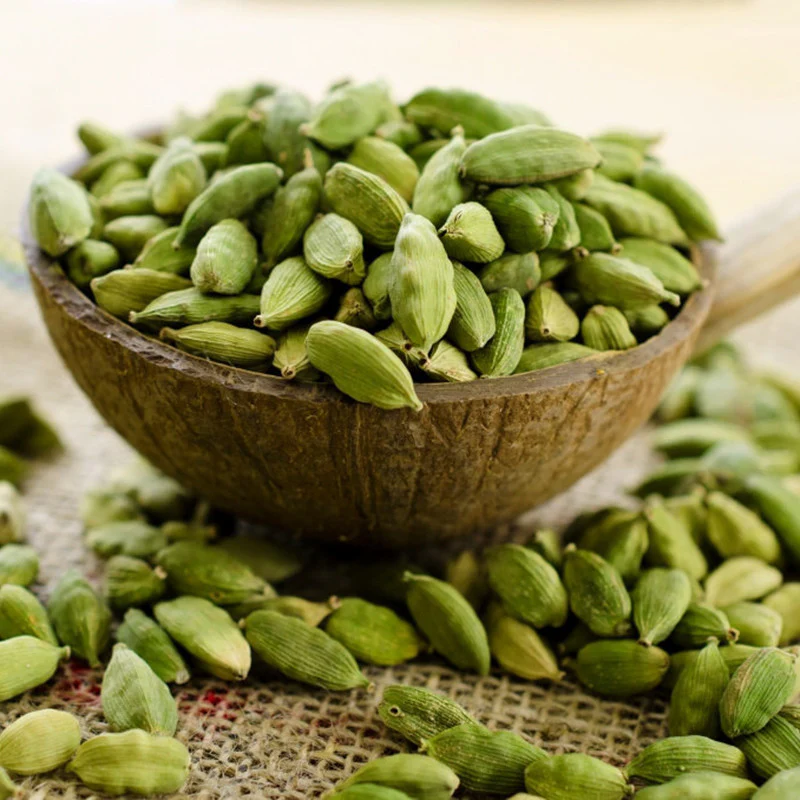Friday, 27 February 2026

In a breakthrough for sustainable spice farming, the ICAR-Indian Institute of Spices Research (ICAR-IISR) has announced the commercial rollout of a new biopesticide to effectively manage cardamom thrips, one of the most destructive pests threatening India’s cardamom plantations.
Cultivated on over 70,000 hectares, cardamom is a high-value export crop central to farmers’ livelihoods and India’s spice economy. Thrips infestation causes severe damage—affecting 30 per cent to 90 per cent of capsules and slashing yields by as much as 45-48 per cent. The resulting financial losses are staggering, ranging from Rs 2 to Rs 4 lakh per acre. Until now, farmers had few alternatives beyond repeated chemical sprays, leading to health risks, high input costs, and residue concerns in international markets.
Now, a team of ICAR-IISR scientists has developed a biopesticide based on Lecanicillium psalliotae—a naturally occurring fungus that infects thrips at all life stages through direct contact. Isolated from cardamom thrips themselves, this native biocontrol agent has proven to be as effective as synthetic pesticides in field trials conducted in Kerala’s Idukki and Wayanad districts.
“The adoption of this biocontrol technology can be a game changer for the cardamom industry,” said Dr. R. Dinesh, Director of ICAR-IISR. “It offers a safer, sustainable alternative to chemical pesticides while supporting better soil health, improved yields, and compliance with global residue standards.”
The formulation is user-friendly, delivered in granular form and designed for easy mixing with farmyard manure for soil application. It can be applied 3–4 times during the crop cycle, aligning well with Integrated Pest Management (IPM) strategies. In addition to pest control, the fungus also boosts plant health and nutrient availability—making it a dual-benefit solution for farmers.
Certified by a CIBRC-approved laboratory, the biopesticide meets regulatory requirements and is ready for commercial licensing and production. ICAR-IISR is now inviting agri-input companies and industry partners to license this technology and bring it to market, expanding its reach to cardamom growers across the country and beyond.
The innovation is the result of rigorous research by a team of scientists including Dr. C. M. Senthil Kumar, Dr. T. K. Jacob, and Dr. S. Devasahayam, who have worked to ensure the biopesticide is both field-viable and farmer-centric.
With this launch, ICAR-IISR underscores its commitment to pioneering climate-smart, residue-free agricultural solutions that strengthen farmer incomes and secure India’s leadership in the global spice trade.